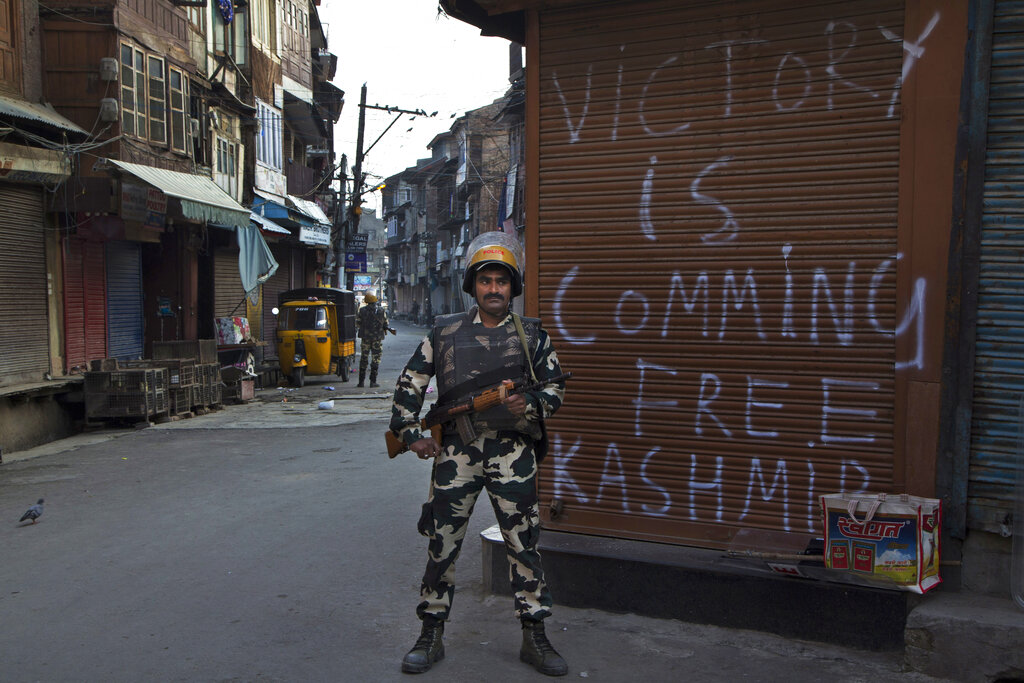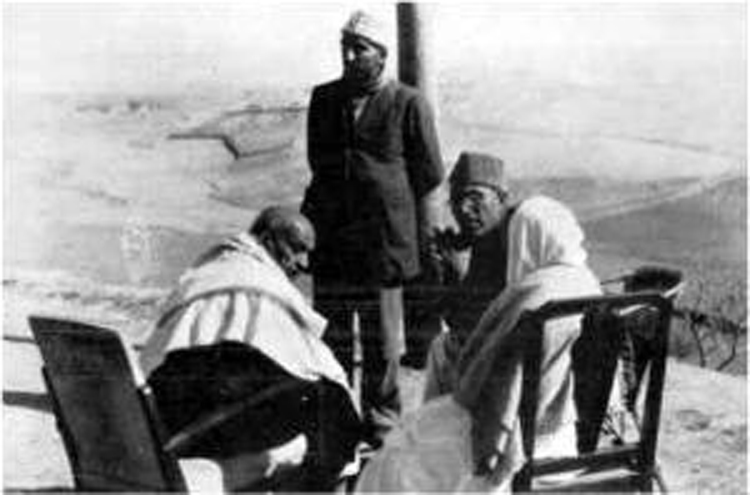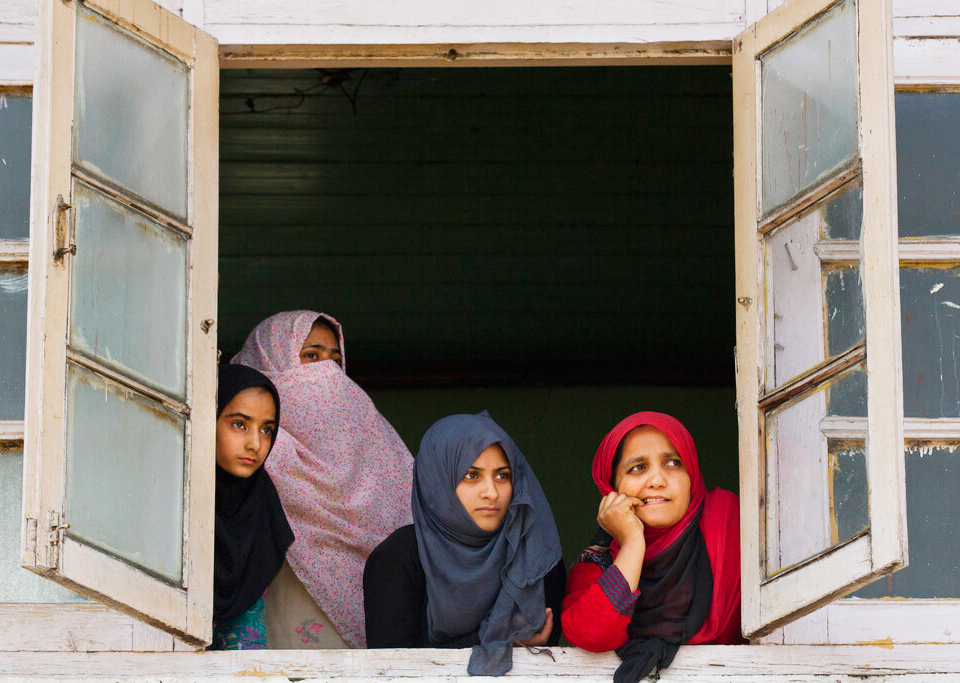On August 5, the Indian government revoked Jammu and Kashmir’s special status in terms of autonomy, deploying around 2,00,000 additional troops in the Valley. The action restricted eight million people to their homes, imposing a communication blockade that is being lifted slowly. Some opinion-makers have thus started drawing parallels between Palestine and Kashmir.
After the Six Day War, Israel occupied the West Bank and more than 60 per cent of the territory is under the control of the Israeli military and administration. Thousands of Israelis have been settled in over 200 enclaves in the West Bank. Israel is accused of, among other transgressions, systemic segregation and the forcible displacement of Palestinian residents.
The West Bank situation is a bit different from that of Kashmir because Israel considers Palestine to be an ‘occupied territory’. However, Kashmir has been part of India since 1947. Its residents are Indian citizens. Some of the conditions of accession of Jammu and Kashmir to India were that the Union of India would frame laws in the realms of defence, foreign affairs, finance and communication. There would also be exclusionary property laws that would protect Kashmir’s demography. Article 370 of the Constitution, which guaranteed these rights to the former state, has now been revoked.
Kashmiris argue that non-Kashmiri settlers would be used to alter the demography of this Muslim-majority region. Does that mean that Kashmir could become similar to West Bank? After all, both have tragic histories. In 1948, around 7,50,000 Palestinians were forced to flee their homes. One in every three Palestinian refugees lives in the 58 UNRWA settlements. India and Pakistan have fought three wars and waged countless proxy conflicts over Kashmir.
The Israel military occupation of the West Bank and the Gaza strip is comprehensive. India, too, has a sizeable military presence in Kashmir, which is considered to be one of the most militarized zones in the world. Palestinians face extreme restrictions on their movements, while Kashmiris have to endure regular curfews and blockades.
Over the years, Israel and India have been accused of using excessive force to crush dissent in their territories. Under the administrative detention law, the Israel Defense Forces can incarcerate people without trial on the basis of questionable evidence. Kashmiris are subjected to similar laws, which allow detention without trial. The Armed Forces (Special Powers) Act and the Public Safety Act are two examples. Thousands of Kashmiris have ‘disappeared’ and allegations of rape and torture by the Indian armed forces are not uncommon.
Authoritarian methods bind the administrations in India and Israel. Another shared trait is the conception of an ancient, glorious past, which gives them the right to claim land and supremacy over other ethnic constituencies. Zionists claim Israel to be the birthplace of Judaism and the home of Jewish holy sites. For Hindu nationalists, a Muslim-majority province challenges the conception of India as a Hindu rashtra.
Even though the struggles of Kashmiris and Palestinians differ in fundamental ways, there is no denying the fact that India’s decision to revoke Article 370 comes straight out of the Israeli playbook of authoritarianism. Critics suggest that Israel and India will either have peace or territory, but never both.













